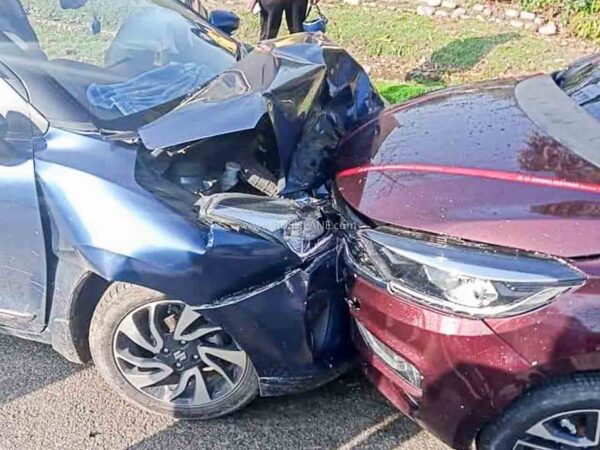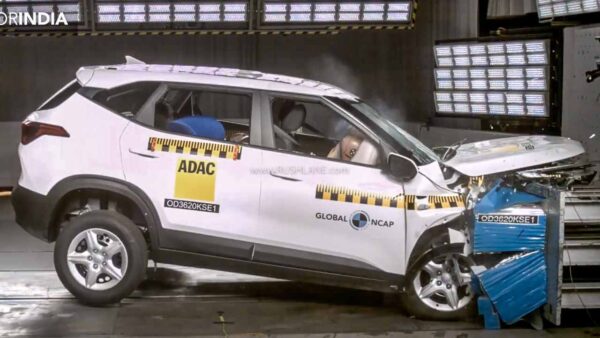
The Indian government has expressed concerns over the existing practise of downgrading safety standards to keep prices in check
Government’s response comes in the wake of Global NCAP reports that show that there’s significant difference between safety ratings of cars sold in domestic markets and the ones that are exported to developed markets.
Concerns about vehicle safety were raised by Giridhar Aramane, secretary of Ministry of Road Transport and Highways (MoRTH). He expressed his views while speaking at a seminar organized by the Society of Indian Automobile Manufacturers (SIAM). The seminar was held to discuss installation of location tracking devices in vehicles, which would ensure a range of benefits including user safety.
Five times more fatalities than US
Mr Aramane described the practise of purposefully downgrading safety standards as an ‘unpardonable’ practise and asked auto companies to put an end to it. To support his views, Mr Aramane compared road accident statistics of US with India. In 2018, US recorded a total of 45 lakh accidents, which resulted in 36,560 deaths. In India, there were 4.5 lakh road accidents and 1.5 lakh deaths.
This clearly shows that fatality rate is much higher in India even though the number of road accidents is just a fraction of that in US. While there can be several reasons for this such as lack of proper traffic rules, inept driver skills, etc., the role of vehicle safety standards is still significant.

Share safety related patents
Mr Aramane also asked automakers in the country to share any safety related patents that they may have. He gave the example of Swedish engineer Nils Bohlin, who had invented the three-point seat belt while working at Volvo.
This safety feature was quickly adopted by other auto companies, as Volvo had shared it with them. Mr Aramane said that Indian auto companies should also try to emulate such type of cooperation, especially in matters related to safety.
While the government has updated safety norms, Mr Aramane noted that some gaps still exist. Some features that are now mandatory for cars include dual airbags, ABS, seatbelt pretensioners, and rear parking sensors. Mr Aramane said that such safety features need to be implemented on all vehicles plying on the roads and not just the new / high-end models.
Talking about steps being taken by the government to enhance road safety, Mr Aramane said that there are plans to launch emergency care and cashless treatment for road accident victims. The planned vehicle location tracking (VLT) system will be playing a key role in this context. The government is also working on a GPS based toll system that will reduce toll charges and fix loopholes and leakages in the system.

